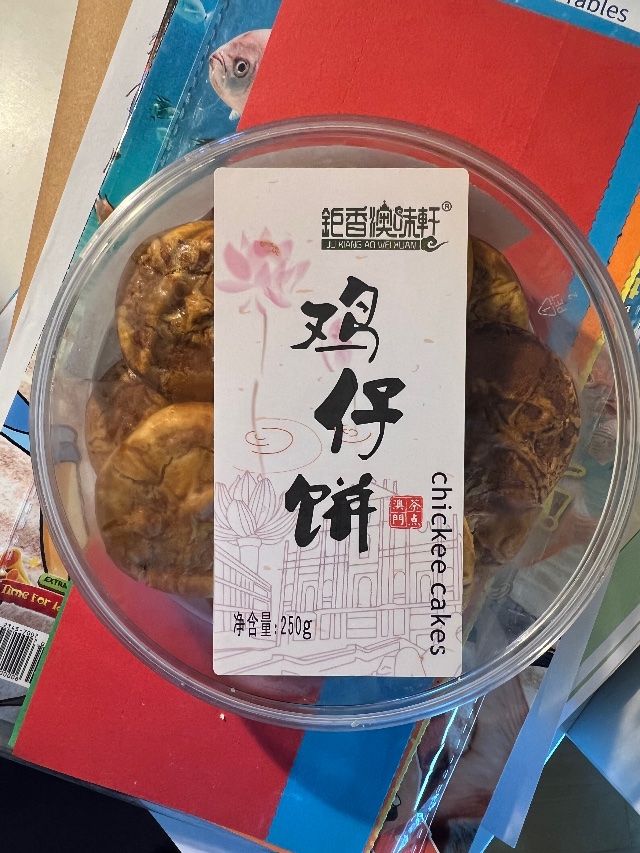Realitätsflucht
Another of those kraftvoll German words that grips you viscerally and won't let you go, like Schadenfreude (memes). Naturally, you could also say "Eskapismus", "Wirklichkeitsflucht", or "Weltflucht" to get across roughly the same idea, but it just wouldn't have the oomph of Realitätsflucht.
What made me think of "Realitätsflucht" at the present juncture? This article by john Schindler:
Top U.S. Spies Warn: War with China Looms…And It’s Not Looking Good
The intelligence alarm is pinging Red in the Western Pacific – but is anybody, even the White House, paying attention?
Top Secret Umbra (7/18/23)
Read the rest of this entry »
